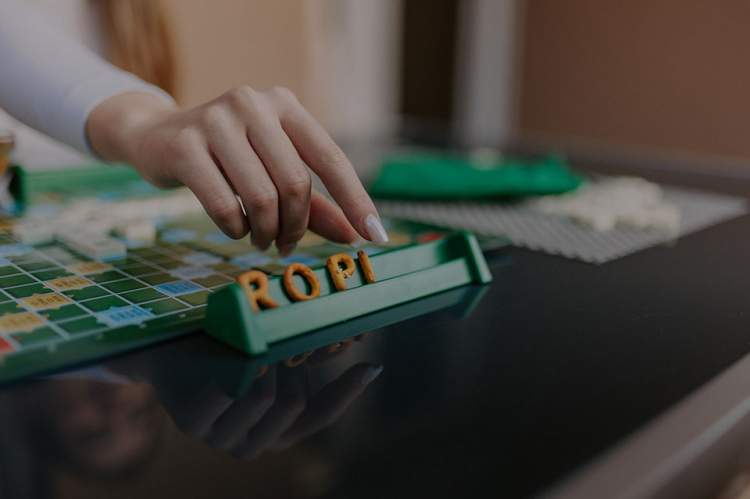What is the message of Ramses II.?
We are in the period of mercy. Mercy does not mean that the process of purification is painless. However, we must give thanks because Allah (SWT) is far more gracious to us than we are to ourselves and our fellow human beings.
Tens of millions are affected by famine, environmental disasters and wars. Here you can find designed and destiny-like reasons. But the victims are always the same: impoverished peoples of the earth who are unable to shape their own life. They are those struggling with the waves and are humiliated by everyone. If they stay in their place, they die for sure, when they set out on their way, they will face a thousand dangers and if they settle somewhere, they are considered as strangers, migrants. They go where they get a little help or spiritual recharge and many institutions, organizations take advantage out of them.
We knew that something has to come. But that was not what we expected. We were expecting a great war, the apocalypses, which, as ever, is being manipulated by capital. We were expecting an event that again needs to be suffered by a certain group of people. In general, the poorest and the most fallen are the victims. They represent "expenditures" on the shoulder of mankind and on the other hand they are unable to become a buying force in order to absorb the mass production and generate a profit with their purchases. They are also unable to take loans because they have no guarantees for repayment. The set of values in the world has gone to different direction. Once we considered a country rich where citizens had valuable assets and investments. If they produced an income that entered into a proper distribution system, it resulted prosperity for everyone. Today, however, countries with big banks are considered rich. The logic here is different.
We are facing another adversity now. This is a "thought-provoking" calamity. It's not selecting between people. Anyone with a weak immune system can be a victim of this. Victims are the poorest, as they are unable to eat healthily, take vitamins, or even the banker or billionaire whose organization is weakened by the diseases of well-being.
It doesn't cause millions of victims, but it's scary because everyone is exposed to the infection. The fear is there in everyone, so it has to be communicated. The famine and millions of its victims were communicated only in small letters at the bottom of the page.
To some extent it is humane because our children and next generation are less likely to fall victim. So, the "innocents" are saved.
Sneaky because it is constantly changing, so it can attack again at any time.
So, Allah (SWT) did not deploy the most destructive gadget of His arsenal so far. It will end once. We make a huge mistake if we believe that we are the ones who defeat the disease. We've just got a suspense in order to change. However, if right now, in the midst of the calamity, there is debate over who remains in power and who is not, and the suspended debt repayments are causing loss for the banks, therefore the duration of the repayment period should be extended and also interest should be calculated thereon, then the mischief is big. If we return back to our previous principles, the civilization of the ego, will it not make more victims than the present situation? Why don't we communicate its devastation? Why don't we deploy the military against it? Why can't we isolate ourselves from it based on current quarantine principles? Why should we not have to avoid that sort of infection?
Neither men nor their leaders are omnipotent. You are given much more power over yourself than anyone else. You give up that power day by day. It is a certainty, that our accumulated knowledge will help us to endure our earthly life, which is to be commended. But one always has to ask: to whom or to what this knowledge does cause harm? Because so far, there is only an answer that who benefits from it.

We took the Children of Israel across the sea: Pharaoh and his hosts followed them in insolence and spite. At length, when overwhelmed with the flood, he said: "I believe that there is no god except Him Whom the Children of Israel believe in: I am of those who submit (to Allah in Islam)." (Quran 10:90)
Notice the swiftness of the action in the narrative. The execution of poetic justice could not have been described in fewer words. This was death-bed repentance, and even so it was forced by the terror of the catastrophe. So, it was not accepted (4:18) in its entirety. Only the body was saved from the sea, and presumably, according to Egyptian custom, it was embalmed and the mummy was given due rites of the dead. But the story commemorated forever Allah's working, in mercy for His people, and in just punishment of oppressors.

(It was said to him): "Ah now!- But a little while before, wast thou in rebellion!- and thou didst mischief (and violence)! (Quran 10:91)

"This day shall We save thee in the body, that thou mayest be a sign to those who come after thee! but verily, many among mankind are heedless of Our Signs!" (Quran 10:92)
You know the story above, aren't you? It is narrative in the Bible, while Quran is synthesizing and drawing conclusions assuming the knowledge of narratives. Even though the ten plagues came, the pharaoh did not change his arrogance. But the ten plagues meant ten respite. Pharaoh only admitted his mistakes at his own death, but it was too late. Allah has made him an eternal Sign for mankind. His mummy is still exposed today. It is not there to admire the ingenious technique of embalming, but to draw lessons from his story in the period when we live.




















